Exploring Marine Life Hotspots by Superyacht
What Is Marine Life and Why Is It Important?
Marine life refers to all of the ocean’s animals, plants and organisms – from the plankton to the blue whale, all sea creatures large and small contribute to essential ecosystems.
The world’s oceans provide 50% of the planet’s oxygen and can determine our weather systems, interruption of which would be detrimental to the survival of the ecosystems not just in water, but on land.
In addition, they provide unique, colourful hotspots of life for visitors to explore. Below is a list of our favourites including what to spot, what to do, and where to moor your superyacht to best explore marine life.
The Islands of Farasan’s KSA Corals
Located in the South Red Sea, the Islands of Farasan host a biosphere featuring an unusual terrestrial ecosystem amid a stunning marine environment. Juzur Farasan, a protected area, is home to a biodiverse ecosystem incorporating coral reefs, red and black mangroves, seagrass beds, saltmarshes, and macro-algal reefs. Flocking to the area are many marine birds, you can expect to spot pink-backed pelican, sooty falcon, white-eyed gull, osprey, crab-plover, lesser crested tern, white-cheeked tern, and the Red Sea noddy. The area is explored by dolphins, whales, dugongs, green turtles, hawksbill turtles, and manta rays.
You can get to the islands via a public ferry that departs from Jazan Port. We would recommend taking your own snorkelling gear to explore the wonders of marine life in the Farasan Islands as there is no official dive centre. If you would prefer to explore the depths of the ecosystem then you will need to take your own scuba gear and hire a local boat with a guide to take you to the best spots.
Snorkelling Spots in Greece for Discovering the Wonders of Europe’s Marine Life
Greece’s clear and calm waters are idyllic for sailing, and the plentiful anchorages make it ideal for finding a peaceful, secluded spot for discovering some of Europe’s marine life while snorkelling.
Gerakas Beach on Zakynthos is a popular nesting place for turtles, making its surrounding waters a paradise for spotting the gracious creatures. While there, take a guided snorkelling tour to visit the nearby caves that stretch across the coastline.
Anchor off the shores of Foki Beach, Kefalonia, to visit the caves home to monk seals, the rearrest of all marine life in Greece and a rare breed worldwide. The monk seal is an earless, agile cave-dweller that glides through the waters and suns itself on the rocks.
For some more underwater discoveries visit Skinaria Beach, Crete. This beautiful cove is teaming with life and has incredibly clear waters, you may be lucky enough to spot octopus, morays and giant sea snails!
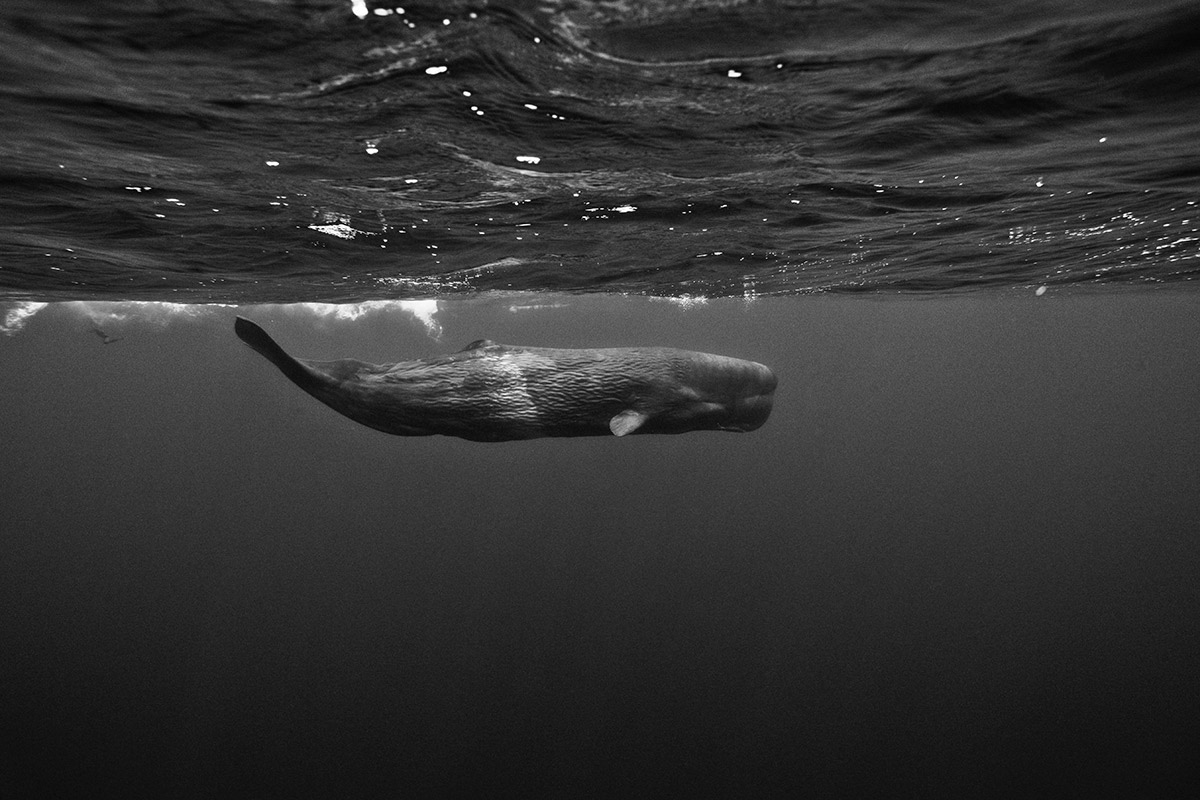
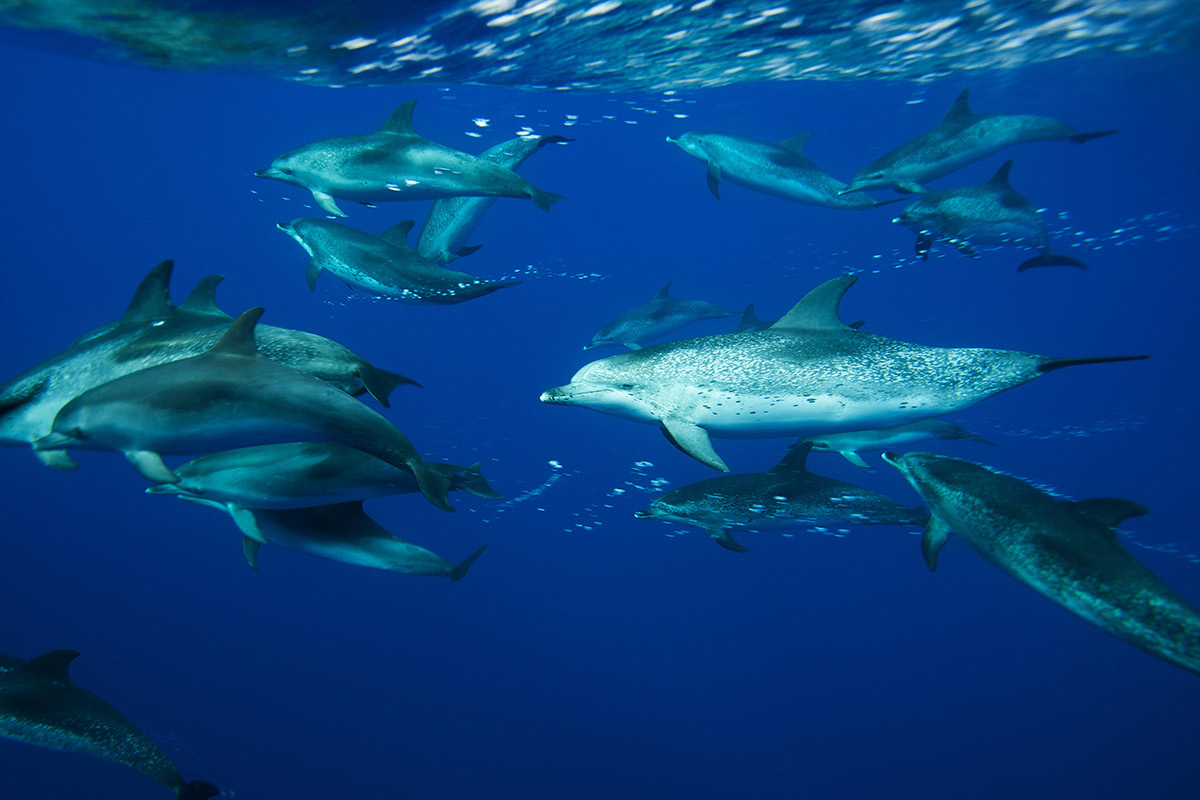
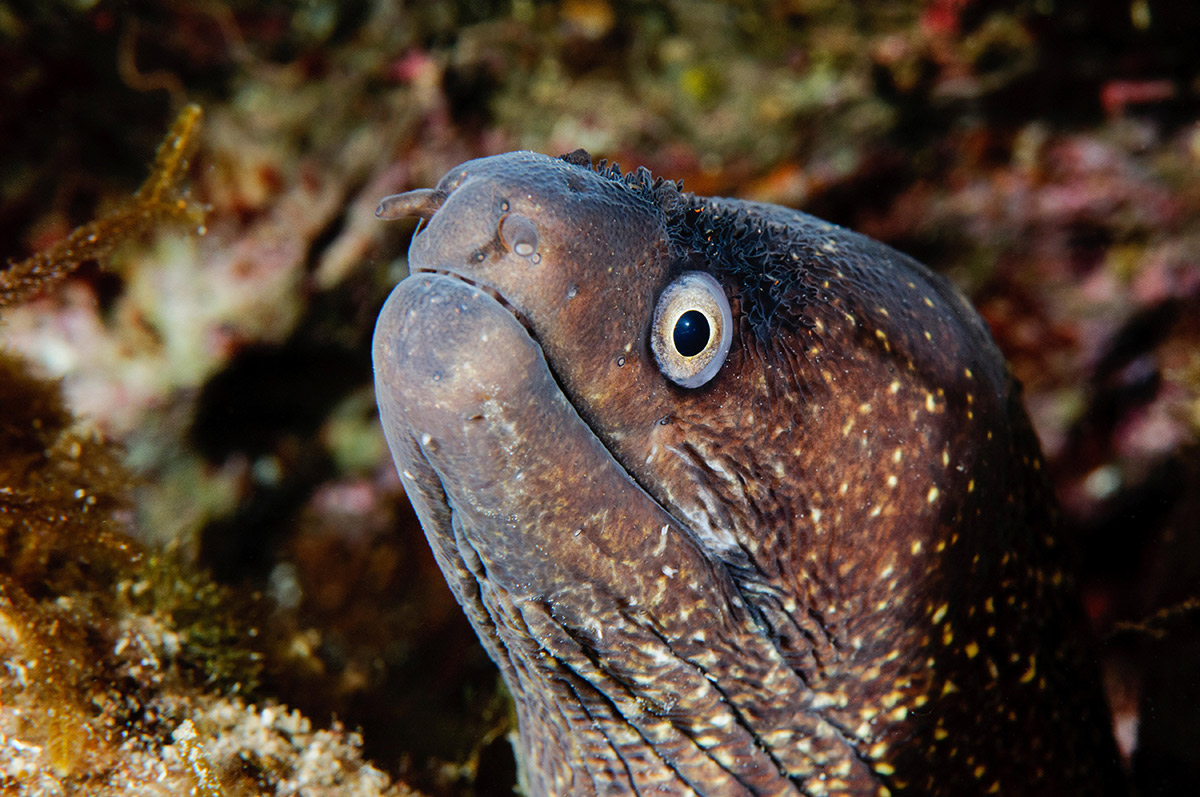
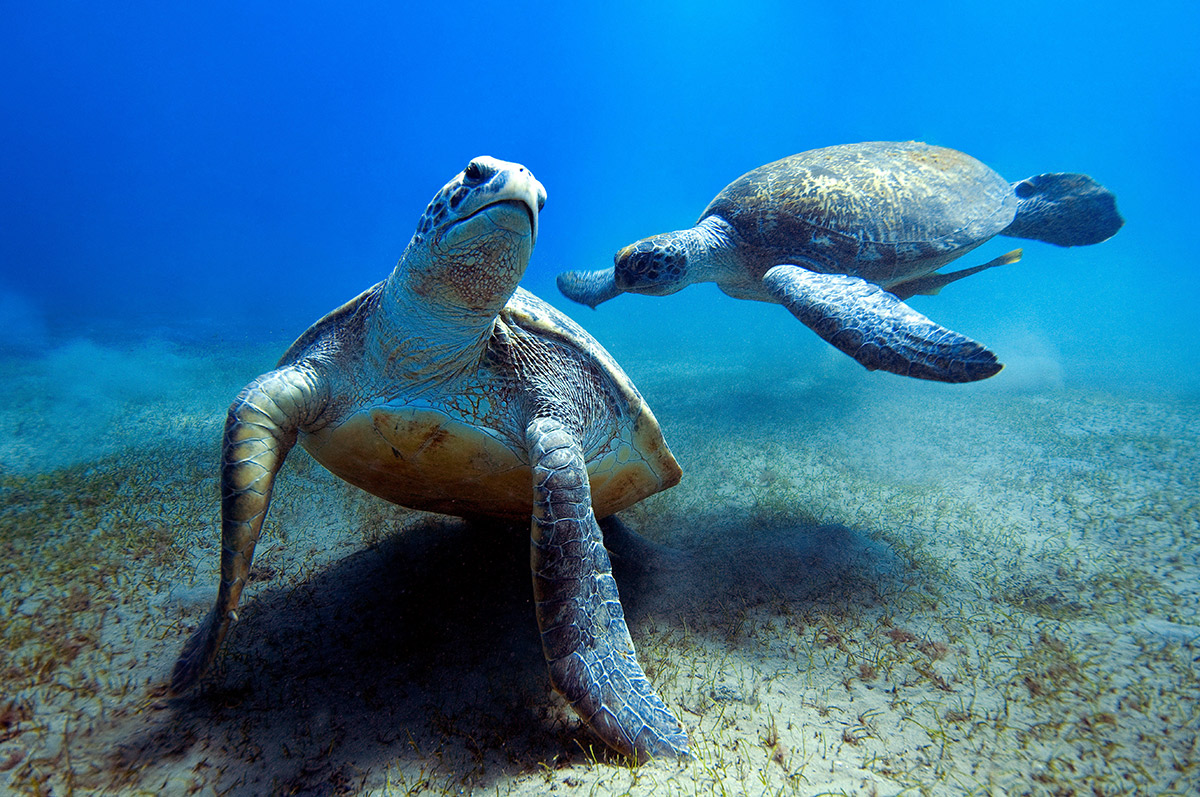
The Rich Waters of Italy
Italy has a rich marine life for exploration, with both natural and man-made reefs home to countless species of fish and creatures including urchins, sponges and starfish.
Sardinia is known for its colourful biodiversity, spot anemones and sea cucumbers among an array of beautiful fish. You can expect to see mullet, sea bass and wrasses.
Anchor off the shores of Sicily to observe the various fish species skimming through the water, spot moray, eels, octopus, and sea stars in the rocky coves and surrounding waters.
Drop anchor at the small volcanic island of Ustica, often considered the best place to snorkel in the Mediterranean due to its crystal clear waters and its rich abundance of sea creatures! Being remote, this is rarely a crowded spot, offering the opportunity to swim amongst the undisturbed wonders this little island has to offer.
Madeira’s Marine Mammals
If you seek to see some of the ocean’s graceful giants, then Madeira is the perfect hotspot being one of the best places in southern Europe for whale watching. Many species of whales migrate these waters throughout the year, including Pilot Whales, Sperm Whales, Humpback Whales, Fin Whales, Sei Wales and even Orcas. And, with over 20 species of dolphin frequenting the area, there is a very high chance of seeing these beautiful creatures glide through the waters.
The most important thing to remember when exploring the ocean is that it is a fragile ecosystem. You should never touch coral or any other living thing underwater or on land as many creatures are very sensitive to human contact. For the best chances of spotting marine life, we would recommend hiring a guide as part of your crew.


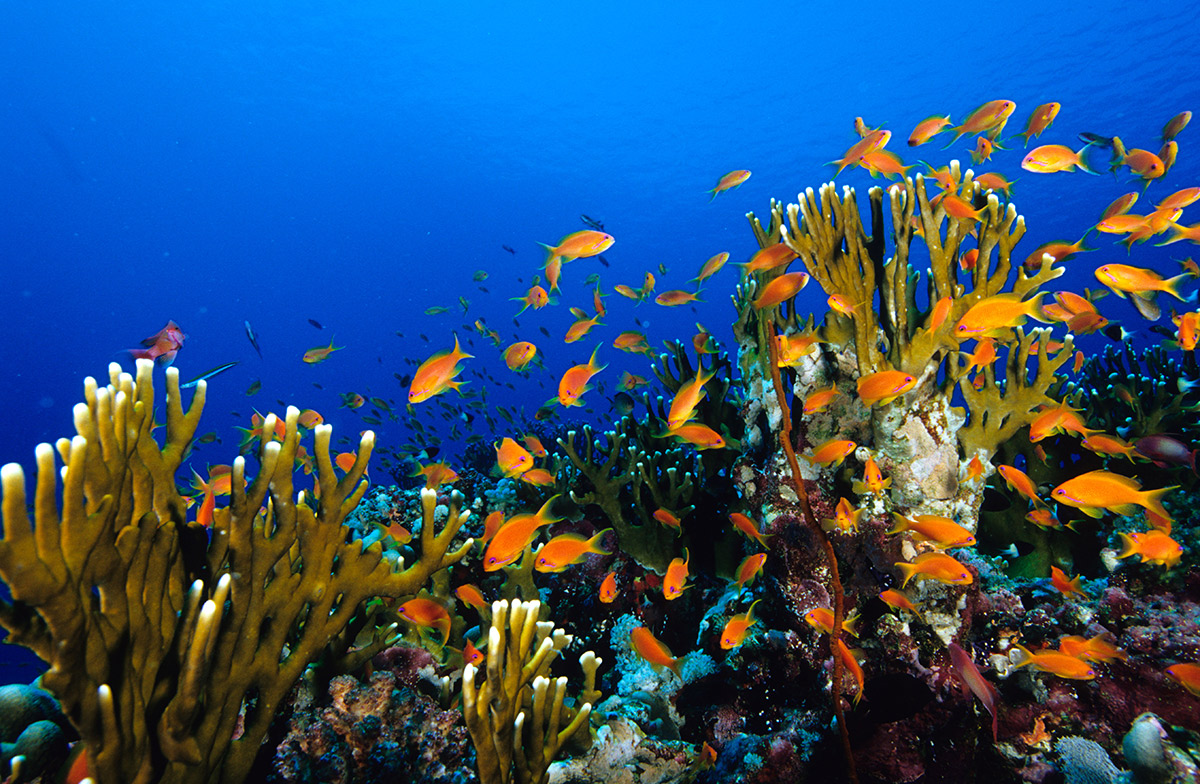
 Go back
Go back